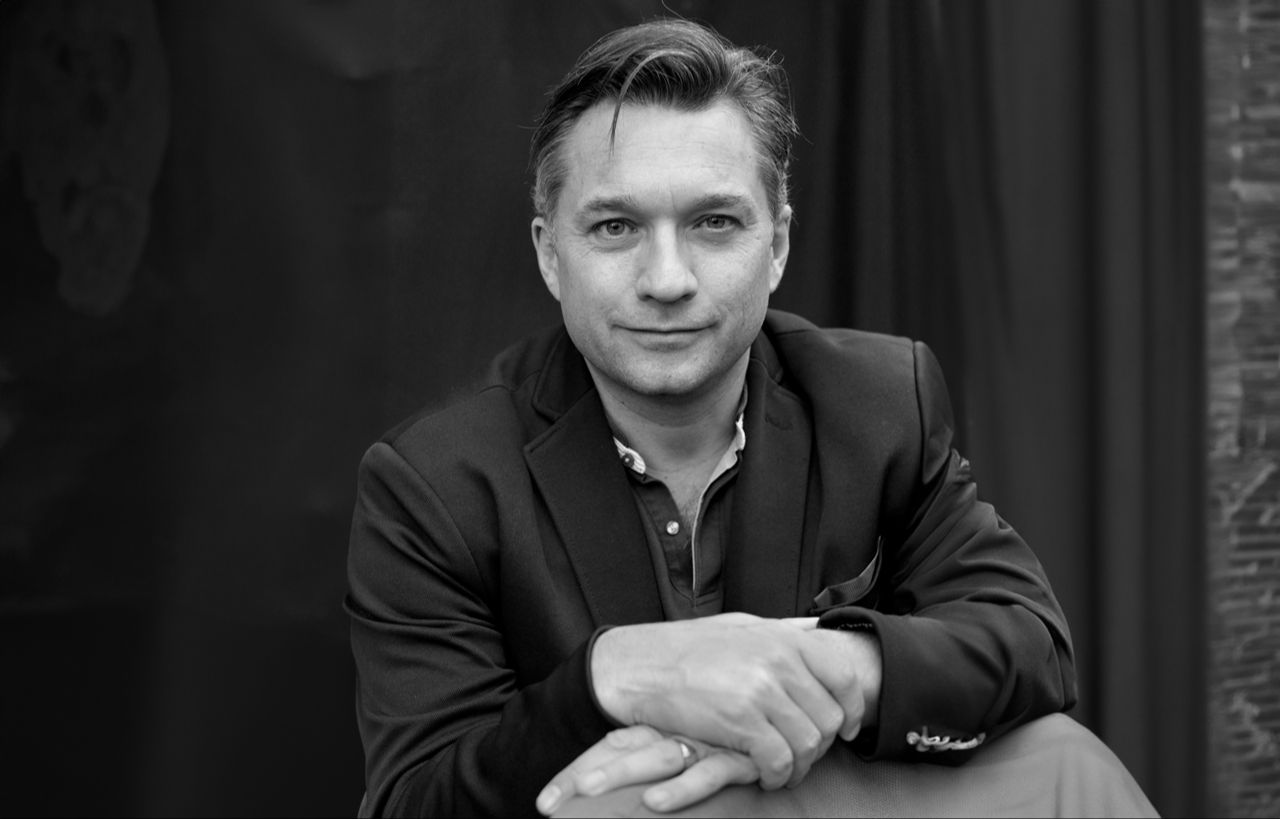
Leadership Theory: McClelland’s Need for Achievement by Dr Richard Claydon.
If you have worked for a corporation, the US experimental psychologist David McClelland has been a significant influence in your life.
- Did the corporation have a competency framework?
- Did they have a high potential program?
- Did they ask you to talk about specific events in your last job?
- Did they push you to achieve tough goals?
- Was leadership driven by a strong desire to get things done?
All of these phenomena originate in McClelland’s work. But few know much about him.
In this DD, we will look at three aspects of McCelland’s work:
- Why workforces with a strong need for achievement was seen as central for US economic success
- How the need for achievement impacts organisational structures and individual behaviour
- Why McClelland switched to studying the need for power when he was exploring the dimensions of effective leadership
-----
Dr Richard Claydon is the co-founder of EQ Lab, and the designer of the Future of Leadership module at Macquarie Business School’s Global MBA Program (ranked #6 globally by CEO Magazine).
He was awarded the highest achievable marks for a Ph.D in behavioural science. A Harvard Top-200 Management expert and business columnists for the Guardian newspaper have described this research as “a touchstone for the future work in management and organisation”, “outstanding in daring imagination” and “at the forefront of modern discussion and debate.”
Richard is a tier one tennis player, have coached tennis professionally, and also designed the tactics creator for the multi award-winning and world-leading management simulation, Football Manager.
Below time zone is Hong Kong Time (HKT). Check your local time zone.
Rewatch all sessions.
Thank you for joining our free Dialogic Drinks sessions. Since 2020 we have hosted over 800 hours of global dialogues with participants from all parts of the world. To continue this we rely on your support. If you can, consider a membership which will give you access to catch up on over 100 different topics from complexity science to future leadership, behaviour, narrative intelligence, climate crisis, organisational culture, and much more.
WATCH >
